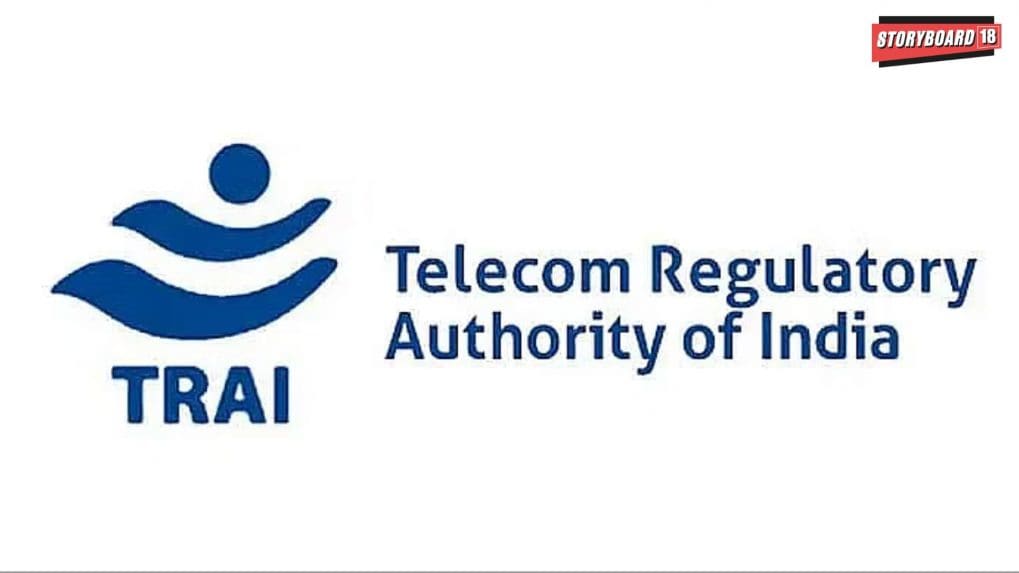Consumer bodies back TRAI’s draft audit rules, pitch for flexible audits for small DPOs
On enforcement, CUTS advocated a graded penalty structure—starting from warnings and escalating to fines and suspensions—to ensure proportionality.
ADVERTISEMENT
Leading consumer advocacy bodies have broadly welcomed the Telecom Regulatory Authority of India’s (TRAI) draft regulations on interconnection for broadcasting and cable services, while calling for risk-proportionate audits, enhanced transparency, and safeguards against potential misuse of broadcaster-initiated audits.
TRAI had issued the Draft Telecommunication (Broadcasting and Cable) Services Interconnection (Addressable Systems) (Seventh Amendment) Regulations, 2025 on September 22. The proposed amendments aim to strengthen audit frameworks, streamline compliance cycles, and enhance accountability across the distribution value chain.
CUTS International, in its submission, supported the regulator’s focus on transparency and consumer protection but argued for a graded audit regime to ease compliance for smaller distribution platform operators (DPOs). The organisation proposed a risk-based audit cycle — once every three years for DPOs with fewer than 10,000 subscribers, biennially for those with 10,000–30,000 subscribers, and annually for larger operators.
“This approach would reduce regulatory burden on small players without compromising transparency,” CUTS stated, urging TRAI to cap audit fees based on DPO size and bar operators from passing audit costs to consumers. It also recommended publishing DPO audit compliance status annually to enhance public disclosure.
Broadcaster-Initiated Audits Under Scrutiny
CUTS flagged potential misuse of Regulation 15(2) — which allows broadcasters to initiate audits — particularly against smaller DPOs. To prevent coercion, the group recommended that such audits be permitted only if there’s substantiated evidence of discrepancies (e.g., more than 2% in subscriber reporting), limited to one per financial year per broadcaster per DPO, and subject to clear grievance redressal mechanisms.
Audit outcomes should be shared with both TRAI and the concerned DPO and reflected in a public audit log to ensure discipline and transparency, the submission added.
Both CUTS and the Consumer Protection Association (CPA) strongly backed the regulator’s plan to align the audit cycle with the financial year (April–March) instead of the calendar year. According to CPA, this change will “simplify audit scheduling, improve financial reconciliation, and align with statutory reporting cycles,” thereby reducing operational confusion and compliance costs.
Exemptions for Smaller Operators Welcomed—with Conditions
The two groups supported optional audit exemptions for DPOs with fewer than 30,000 subscribers, acknowledging the operational constraints of regional and niche operators. However, they emphasised the need for guardrails, including maintaining basic audit-readiness and retaining broadcasters’ right to seek audits with valid reasons.
CUTS also suggested biennial review of the subscriber threshold to reflect market changes, while CPA urged TRAI to keep such exemptions balanced to avoid regulatory arbitrage.
The incorporation of infrastructure sharing protocols in the draft regulation has been hailed as a forward-looking measure. Both groups noted that shared infrastructure can improve efficiency and affordability, but called for robust data segregation, independent logs, and watermarking norms to preserve accountability and consumer experience. CUTS went a step further by recommending a dedicated chapter in the regulations to comprehensively govern infrastructure sharing.
On enforcement, CUTS advocated a graded penalty structure—starting from warnings and escalating to fines and suspensions—to ensure proportionality. It also urged TRAI to penalise broadcasters for non-cooperation or delays and channel penalty collections toward consumer awareness campaigns.
Both bodies highlighted the need to protect consumers during audit-related disputes by prohibiting sudden disconnections or retrospective billing and ensuring uninterrupted service during regulatory disagreements.
CUTS recommended that TRAI and BECIL upgrade auditor training and empanelment standards, mandate independence declarations, and ensure vendor cooperation even after contract termination. Interconnection agreements, it suggested, should carry clear dispute-resolution clauses.
The submissions underscore broad support for TRAI’s regulatory intent but push for practical implementation measures to prevent overreach, ease compliance for smaller players, and bolster consumer protections.
“The Seventh Amendment Regulations reflect TRAI’s commitment to a fair, transparent, and technologically sound broadcasting ecosystem,” CPA said, adding that the reforms will “empower consumers through accurate billing and service delivery while encouraging responsible conduct among service providers.”
TRAI is expected to review stakeholder feedback before finalising the amendments, which will have a significant bearing on audit and compliance practices across India’s broadcasting distribution sector.
Read More: DPOs slam TRAI’s draft audit rules, call broadcaster access ‘operational chaos’
Read More: “Broadcasters must retain unfettered audit rights,” ZEEL tells TRAI
Read More: Broadcasters flag piracy, under-reporting concerns; demand mandatory audits for all DPOs


